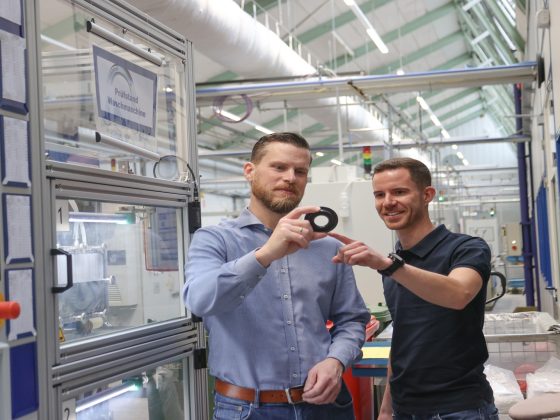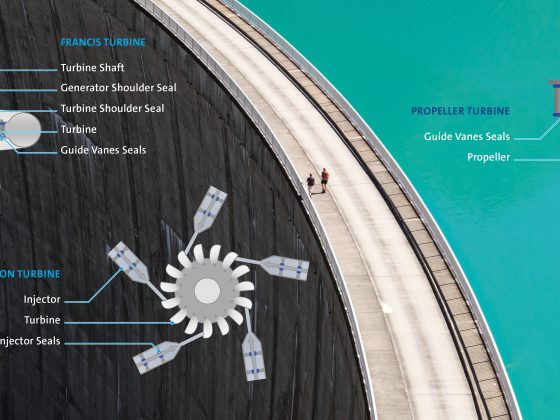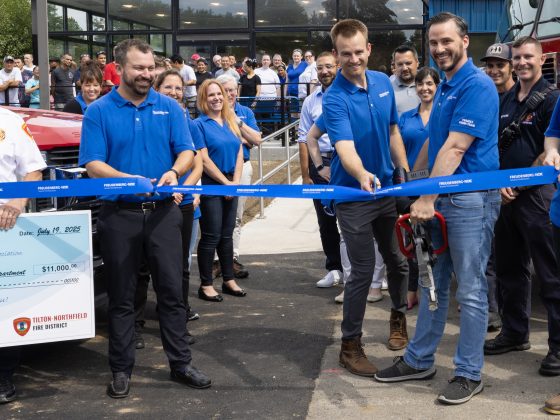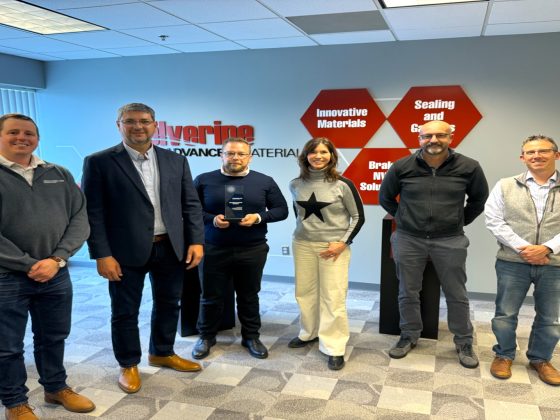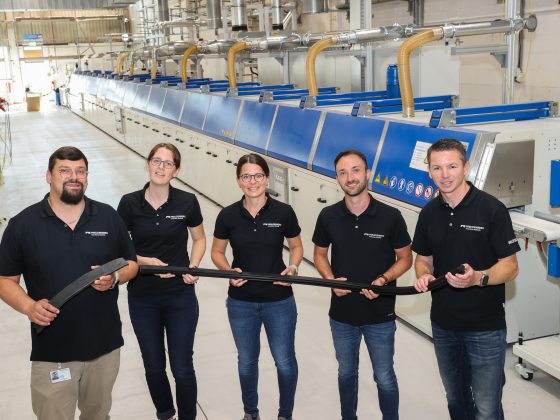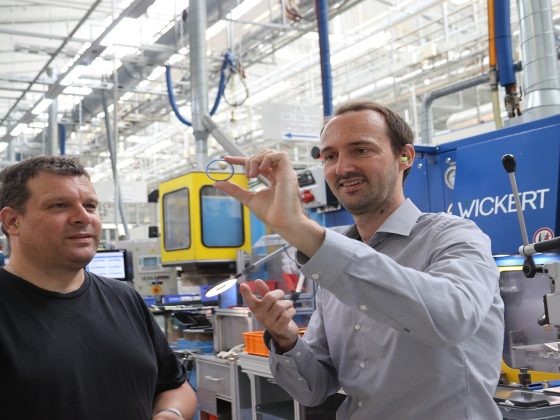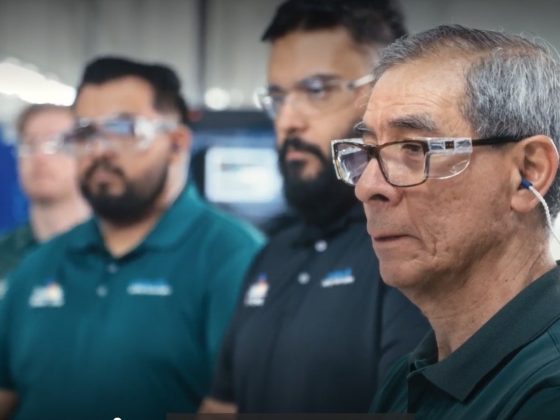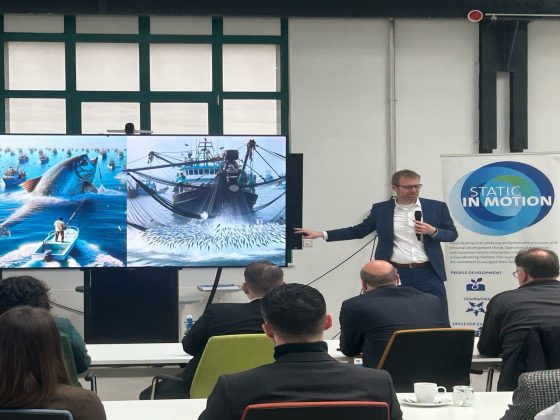For many, a Makita orbital sander is an essential tool in DIY projects, repurposing old materials to bring new life to surfaces. For Alexandre Rumbao, the transition to his new role at Freudenberg Sealing Technologies (FST) followed a similar principle.
Rumbao, an account manager focused on Outdoor Equipment & Power Tools in General Industry, relied on his deep-rooted knowledge of Japanese culture and business relationships to build connections in a new market. Growing up in São Paulo, home to the largest Japanese community outside of Japan, he was immersed in Japanese traditions, values, and business etiquette from an early age. This exposure gave him a natural understanding of the importance of trust, precision, and long-term partnerships in Japanese business culture – an invaluable foundation as he navigated his new role.
The North American power tool industry thrives on renovation projects, where individuals and companies look for innovative ways to use existing resources. The same approach guided Rumbao’s strategy as he stepped into sales without prior experience. Instead of acquiring an entirely new skill set, he leveraged his background, drawing parallels between his cultural expertise and the needs of Japanese customers in the U.S. market.
“I didn’t know much about sales, but I knew the people, the culture, and how to approach relationships,” Rumbao said. “I realized that understanding a customer’s world is just as valuable as knowing the technical side of the business.”
His approach started with cold email prospecting, relying on LinkedIn to identify key contacts. Through persistence and the support of FST’s global team, he established connections with Makita, a major power tool manufacturer. As he navigated the learning curve, he found that a brake ring—a small but crucial component in a random orbital sander—became the gateway to a more significant business opportunity.
The partnership with Makita is part of the GI sales project, dubbed “Breaking Silos Worldwide,” aimed to enhance collaboration across regions and overcome challenges such as limited technical competencies and strict Japanese customer requirements. Rumbao’s ability to bridge cultural gaps was key to FST’s expansion into the North American market.
His efforts were not only about securing business but also about demonstrating resilience and adaptability. The U.S. is Makita’s largest DIY market, producing over 500,000 pieces annually. By recognizing FST’s existing supply chain connections to Makita in Japan, Rumbao suggested that the company could extend its offerings to the U.S. market.
“In many ways, sales is like using a power tool,” Rumbao said. “You don’t always need a brand-new approach. Sometimes, what you already know helps you get the job done.”
His success underscores FST’s strategic commitment to understanding customers and fostering collaboration. The company’s global support network, from the U.S. to Japan, ensured the initiative had the necessary resources to move forward. As the outlook for 2025 includes prototypes and expansion opportunities, FST plans to use the same formula to grow its presence among other global customers in the U.S.
With persistence, adaptability, and teamwork, Rumbao’s transition into sales is a testament to the company’s commitment to innovation, whether in business strategy or in a simple tool that smooths the surface for new beginnings.


